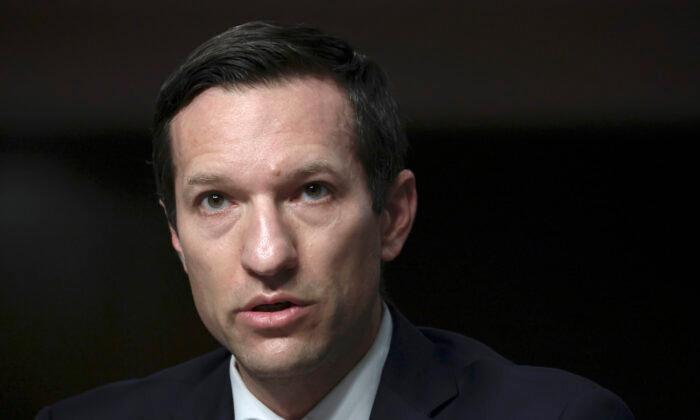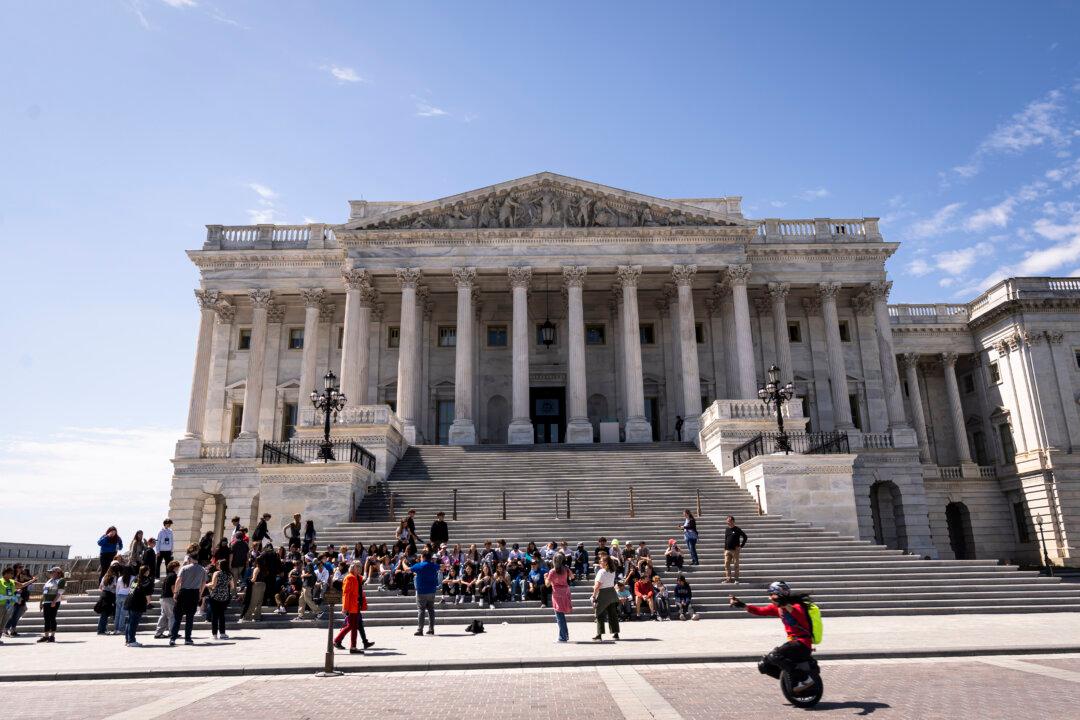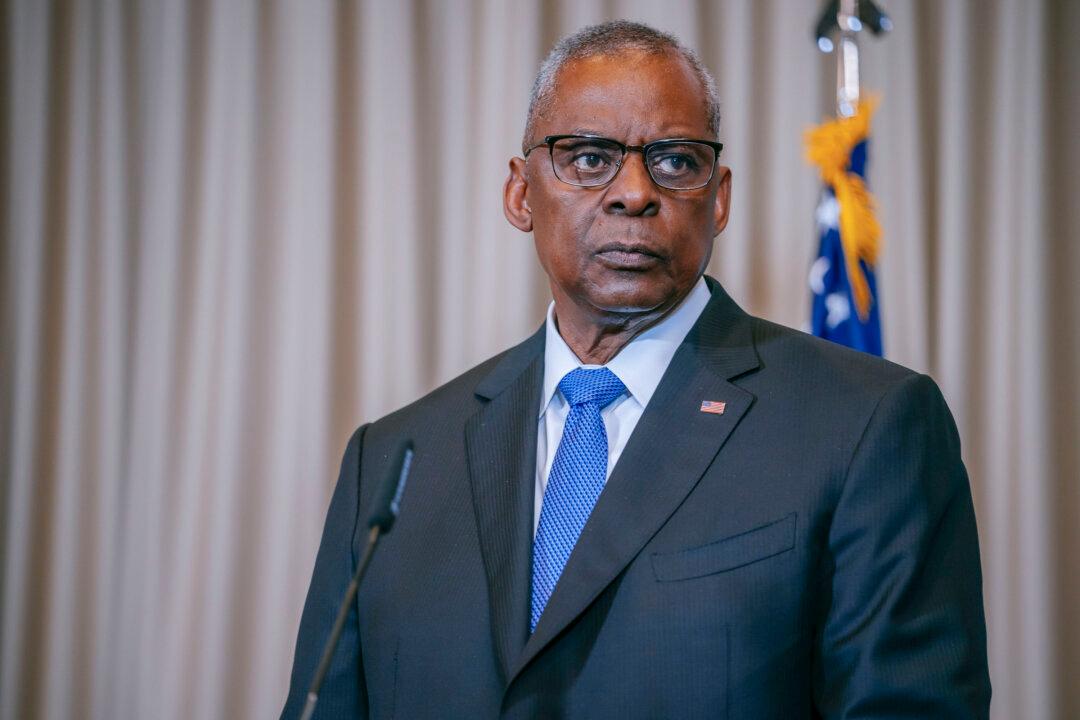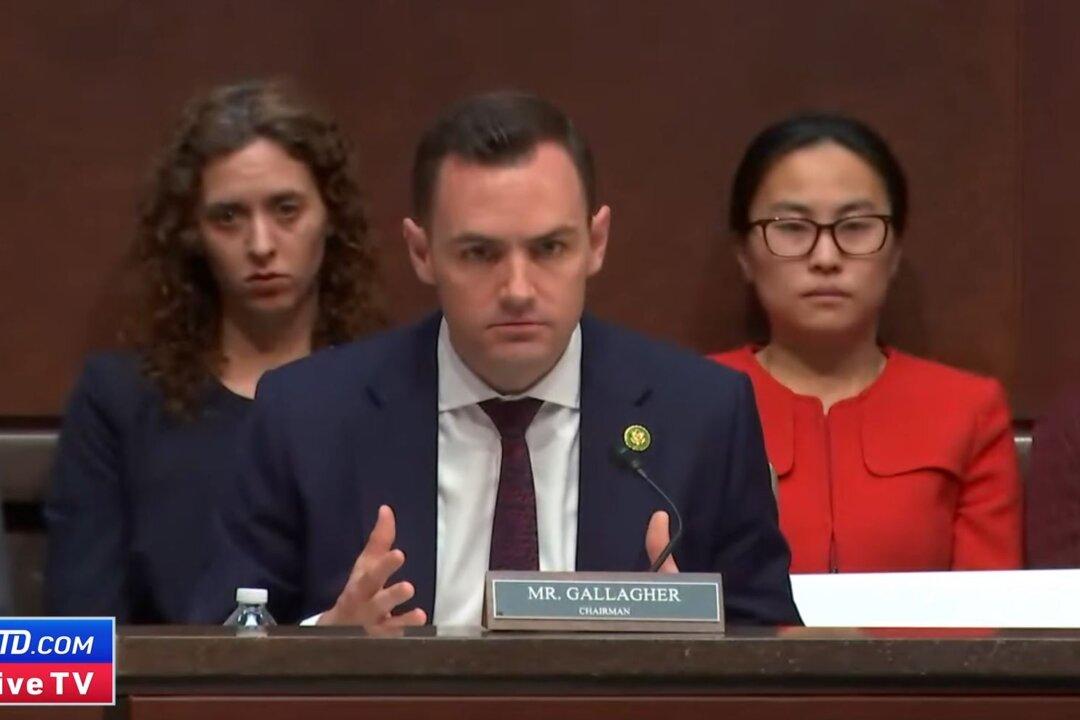China’s communist regime is refusing communications with the U.S. military at every level, according to a Pentagon official.
The Chinese Communist Party (CCP), which rules China as a single-party state, has refused numerous requests for meetings with U.S. Secretary of Defense Lloyd Austin, several regional commanders, and civilian Department of Defense employees, according to Assistant Secretary of Defense for Indo-Pacific Security Affairs Ely Ratner.
“We’ve had a lot of difficulty,” Ratner said during a May 25 talk with the Center for Strategic and International Studies think tank.
“We have repeatedly had those requests rejected or not answered.”
The CCP has stymied efforts to maintain open lines of communication between the two militaries for multiple years now, most recently refusing to even acknowledge a request by Austin to meet with his Chinese counterpart at the upcoming Shangri-La Dialogue, an annual international security summit in Singapore.
“That request has not been answered one way or another,” Ratner said.
Communication Vital to Preventing Taiwan War
Ratner said that maintaining open lines of communication between the two militaries, whose forces frequently have tense encounters in the Indo-Pacific region, was paramount to ensuring peace and stability.CCP leadership, he said, should not wait for a “major crisis” to occur before pursuing dialogue with the United States.
Despite his hope for renewed military-to-military communication with China, however, Ratner acknowledged that the regime was doubling down on its aggressive military modernization program and increasingly pushing the envelope with its effort to intimidate democratic Taiwan.
To prevent a catastrophic miscommunication and, possibly, war, Ratner said the regime would need to come to the table and talk.
“We see [Chinese] military modernization and increasing assertiveness and coercion,” Ratner said.
US and Allies Increasing Coordination on China
Ratner said the United States was doing what it could to mitigate the threat posed by the CCP.The United States, he said, was working with its allies and partners throughout the region with increasing effectiveness and reaching a “historic moment of strategic alignment” on the issue of China.
Deputy Secretary of Defense Siddharth Mohandas, who also spoke at the event, said that increasing the interoperability of U.S. forces with those of allies like Japan and Australia would help to deter China from launching a war of aggression against Taiwan even if the regime continues to stonewall calls for talks.
“We want to strengthen deterrence in the Indo-Pacific, and we believe we can do that by modernizing these alliances, by creating more capable allies,” Mohandas said.
“Fundamentally, we are seeking to modernize each of these alliances to improve and strengthen deterrence … That involves investing in capabilities that we think are most relevant to deterrence.”






Friends Read Free